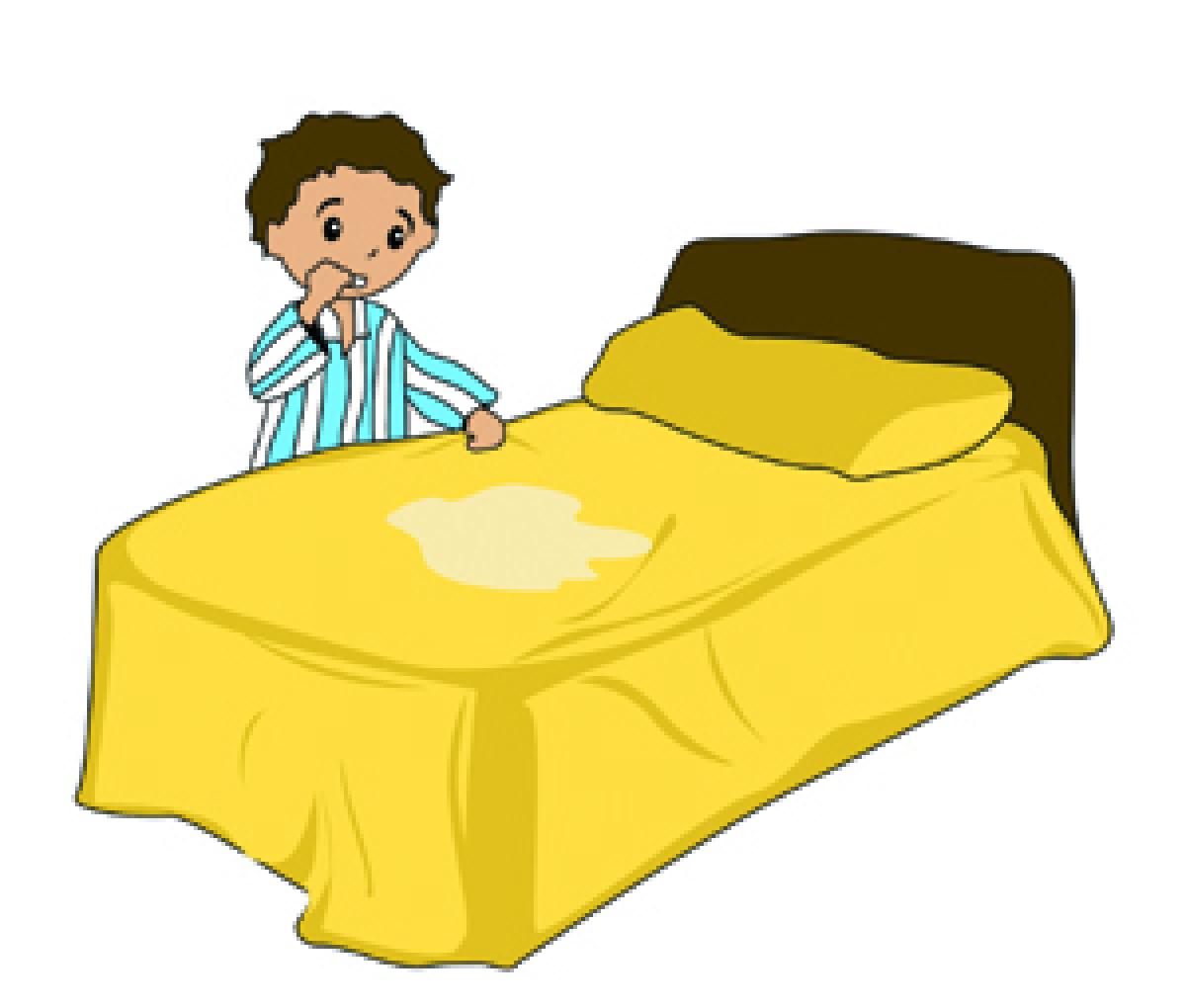Bed-wetting is curable!

Bed-wetting is curable. Researchers have reported a method to reduce the frequency of night time bed-wetting and improve the quality of life for sufferers. Bed-wetting, or nocturnal enuresis, causes distress in children and young adults, as well as for their parents or caregivers.
.jpg) Researchers have reported a method to reduce the frequency of night time bed-wetting and improve the quality of life for sufferers. Bed-wetting, or nocturnal enuresis, causes distress in children and young adults, as well as for their parents or caregivers.
Researchers have reported a method to reduce the frequency of night time bed-wetting and improve the quality of life for sufferers. Bed-wetting, or nocturnal enuresis, causes distress in children and young adults, as well as for their parents or caregivers.
In the study, researchers found that repetitive sacral root magnetic stimulation (rSMS) can successfully reduce the frequency of night time bed-wetting. In the study at the Assiut University Hospital, Egypt, 41 patients were divided into two groups receiving either real magnetic stimulation or a sham stimulation using the same equipment and procedures.
Each participant received 10 sessions, five per week. A magnetic stimulator was placed over the sacral vertebrae in the lower back and 15 Hz pulses were applied for 10 seconds on and 30 seconds off.
"It seems likely that rSMS produced some of its effect in the present patients by a direct effect on bladder control," said lead investigator professor Eman M. Khedr. "In the present study rSMS could have increased arousal or enhanced inhibition of neuronal re-uptake of noradrenaline and serotonin," he said.
The average number of weekly nocturnal bed-wetting episodes fell from 5.7 to 0.3 per week after the end of the treatment sessions for the real group compared to 6.5 to 1.8 per week after sham stimulation.
Although the procedure resulted in improvement (placebo effect), the improvement in the real group continued one month later (one per week) whereas the sham group returned to baseline behaviour (5.2 per week). (The findings were published in the journal Restorative Neurology and Neuroscience)

